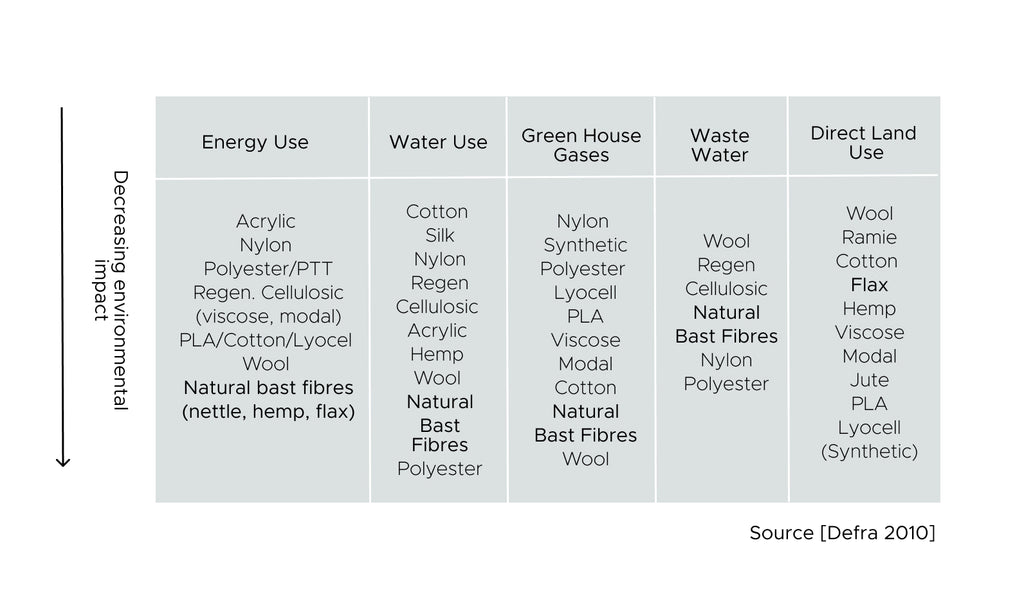Your Cart is Empty

In other words, how can we turn good intentions into positive action?
Wrappings, packaging, single-use plastics are a good place to start. Don’t forget it is better to use up and reuse what you already have than to throw it out and buy eco-friendly options. Part of it is remembering to bring shopping bags and produce bags with us when we shop, asking for paper bags when we have an option, and wrapping foods at home in old-fashioned waxed paper or waxed fabric (make your own!). Reusable water bottles have a huge impact, when you think one person can go through several plastic bottles in a day - and if those drinks are soda, they’re not good for us anyway.

Cheap ‘fast’ fashion and home-goods were fun, but we know too much now to buy them with a clear conscience. We can’t ignore the impact of microfibers, synthetic fibers which originate with petrochemicals and which don’t break down. That's one of the best things about linen, it comes from the earth gently, and goes back gently, aging well, feeling and looking more beautiful as you wear it.
Maybe first we need to become more selective, to buy carefully, clothes that last, and which are made from natural fibers and not wrapped in plastic. The most environmentally friendly are linen (no surprise here), and wool, with cotton running third because of its lavish use of pesticides and water. Silk is natural too, Rayon is a better choice than nylon, as it is made from plant cellulose. Those ‘bamboo’ sheets you see are, in fact, rayon: are you surprised?
Here is a chart I came across outlining the environmental impact of most common textile fibres. I found it quite interesting.

One of our happier strategies to reduce waste is to offer good-sized scraps to reuse for crafting and creative projects . Do you make your own paper? We have a ton of lint! I love these outreaches, they introduce us to lovely, creative, like-minded people, and as my granny used to say, 'It's no loss what a friend gets.' (when my brother's ice cream somersaulted from the cone and the dog got it).
There’s plenty more we can do - most of us use far more detergent than we need to. Did you know that both wool and linen ‘wear clean’? They need even less detergent, you can halve the amount you normally use, and they don’t need washing often. Modern eco-detergents don’t need hot water to wash efficiently, a cold-water wash is just as good. Personal goods need scrutiny too - so many pretty things which are marketed to us seem less desirable once we read the ingredients.
It’s no hardship for us all to eat better food either - less processed, less sweetened. Remember Michael Pollan’s simple words?“Eat food. Not too much. Mostly plants.”

Just to cheer yourself up, think how many things we don’t need anymore! Cell phones now incorporate more functions than I will ever use in one small item. Records and CDs are redundant, email has cut down on our use of paper.
On the other hand, many of the recommended changes and sacrifices often feel like we're going back to the way things used to be - using less plastic and economizing our resources more. Your grandmother would have been familiar with back-to-basics frugality and ingenuity. I actually find this quite satisfying - it connects me to the past, forces me to slow down, and makes me feel more in touch with my real needs and priorities.
What do you think? Can we apply a combination of innovative technology and simple, natural solutions to tread more lightly on the earth? What are your favorite ways to make a difference?
Comments will be approved before showing up.